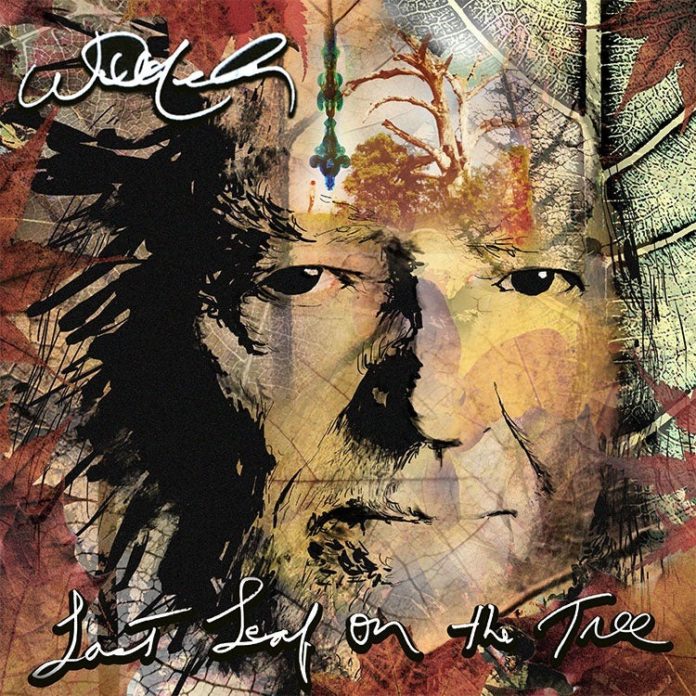Willie Nelson is now in his 7th decade as a songwriter, performer and recording artist, but one of his most underrated talents is song interpretation. Over his career he has tackled songs from across the world of music, making each his own. Now for his 76th studio album and 153rd album overall as he celebrates his 91st year, Willie turns his gaze to a collection of songs by rock legends, idiosyncratic singer songwriters, alt-rock heroes, and indie folk artists. The result is a gorgeously cohesive rumination on loss, love, and world-weary hope, perfectly complemented by spare and spooky musical production. Lovingly curated and produced by his son Micah Nelson, Last Leaf On The Tree (out November 1, 2024, through Legacy Recordings) finds Willie covering songs from moody indie rock (Beck), psych alt-pop (The Flaming Lips) and punk-informed folk (Sunny War, Micah’s Particle Kid) to thought-provoking soul jazz (Nina Simone) and lesser-known gems from legends like Tom Waits, Neil Young, Keith Richards, and Warren Zevon. In addition, the album features new takes on one of Willie’s oldest songs (“The Ghost” from 1962) plus a new one penned with Micah (“The Color Of Sound”) that joins Willie’s collection of Zen-soaked classics. In addition to producing, Micah Nelson plays many of the instruments and even designed the album cover. He is joined by a host of celebrated musicians plus guest spots from legendary producer and musician Daniel Lanois, John Densmore of The Doors and harmonica master Mickey Raphael, who has played alongside Willie for over 50 years.
Along with the likes of Waylon Jennings, Merle Haggard, and Townes Van Zandt, Willie Nelson rose to prominence at the end of the 1960s as an important contributor to the subgenre deemed “outlaw country”, which challenged the conservatism of Nashville. He earned fifty dollars when his first song, “Family Bible”, was published, and shortly thereafter songwriter Hank Cochran landed him a publishing contract. Nelson also wrote for other musicians, penning some of the most famous country songs of all-time, such as “Night Life” for Rusty Draper, “Funny How Time Slips Away” for Jimmy Elledge and Johnny Tillotson, “Crazy” for Patsy Cline, “Hello Walls” for Faron Young, “Wake Me When It’s Over” for Andy Williams, and “Pretty Paper” for Roy Orbison. Eventually, he had a recording contract of his own, but his weathered tenor and his taste for sparse backup were considered uncommercial at first. 1973 saw the release of Shotgun Willie , considered to be one of his greatest albums of all time, and showcased his abilities as a singer, storyteller, and performer. Still rocking a headband and braided pigtails, The Red Headed Stranger continues to tour and captivate audiences to this day.







